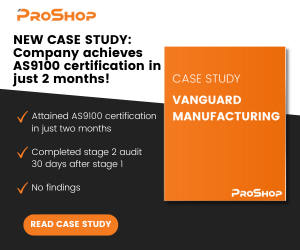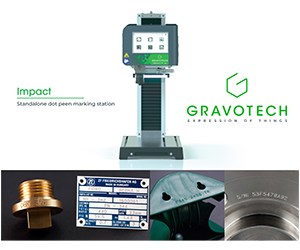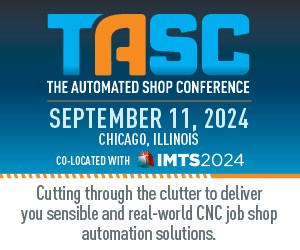Manufacturing's Challenges And Opportunities
Makers of manufactured goods face many challenges, including increased competition in worldwide markets; a demand for more complex products; shortened delivery times; lower production costs; higher quality and longer life products; and increased pressure from consumers for variety and options in the goods being produced. The "one style/color fits all" mentality behind the mass assembly line is no longer an accepted approach for large-scale production.
Makers of manufactured goods face many challenges, including increased competition in worldwide markets; a demand for more complex products; shortened delivery times; lower production costs; higher quality and longer life products; and increased pressure from consumers for variety and options in the goods being produced. The "one style/color fits all" mentality behind the mass assembly line is no longer an accepted approach for large-scale production. Instead, "mass customization" is now the goal of many manufacturers. Customers require a higher quality product with more functions, and usually at a lower price. In order to meet these challenges, manufacturers must look at all aspects of how they do business. To remain competitive, manufacturers must:
- Understand the business trends driving the global economy.
- Find a niche in which they can be competitive.
- Become an exporter and/or importer and be involved in the world marketplace.
- Capitalize on the enablers of information technology.
- Increase the capital-to-labor ratio in operations.
- Use comprehensive, well-supported-software to design products, drive machine tools and support operations.
- Employ human resource practices that are attracting today's best talent and making "best-in-class" companies become more fierce in terms of intellectual capital and skills.
To meet the faster, better, cheaper mantra of today's economy, manufacturers need to look for new ideas, designs and methods, examining every aspect of production.
Technology and knowledge drive manufacturing. The industry is being continually re-invented, as companies, and even individuals, must do in order to grow and remain competitive in the global economy. Re-invention can occur in various ways, but, fundamentally, it results from incorporating improvements in manufacturing technologies.
New technologies prompt new ways of thinking about processes, systems, and manufacturing goals. That, in turn, produces a new round of innovative uses of, and improvements in, manufacturing technology. Advancements in machines and tool materials have resulted in faster production of higher-quality items. This, combined with a reduction in setups and setup times, is one component of the process that enables advanced manufacturing practices to become economically viable. Smarter machines combined in a smarter, more efficient manner help companies reduce labor requirements, inventories and plant size, while improving the production quality and reducing the rework rate.
Some of the methodologies and technologies now being introduced in manufacturing include concurrent and collaborative engineering; collaborative manufacturing; global, but localized manufacturing; design for manufacturing and assembly; lean manufacturing; rapid tooling; and functional build. Increased use of visualization technology, electronic processes and a greater process orientation is required.
Manufacturers are evolving to a digital enterprise in which the physical world is designed, implemented and monitored in a digital world. One objective is to create a paperless manufacturing environment. At this level, full electronic design, manufacturing and e-business processes are employed. At the core of a digital enterprise solution is a knowledge management capability to provide interactivity and the management of multiple applications. These application solutions include:
- Product Lifecycle Management (PLM), which includes CAD, CAM and PDM.
- Digital manufacturing with an emphasis on process planning and operational simulation.
- Manufacturing Execution Systems (MES)
- Enterprise Resource Planning (ERP)
- Supply Chain Management (SCM)
- Customer Relations Management (CRM)
- Maintenance Repair Operations (MRO)
Manufacturing today is not your grandfather's manufacturing. Those producers that are open to new ideas are creative, capturing knowledge and incorporating advanced technologies. They must also effectively implement and alter processes as conditions change in order to have the best chance of meeting competitive pressures to thrive in the new world economy. The opportunity is there for all to grasp.
Read Next
IMTS Elevate Workshop: Make Your Shop a Top Shop
This ½-day program offers attendees insight into the results from this year's Modern Machine Shop Top Shops annual benchmarking survey.
Read MoreEncountering Surface Finishes in the Everyday World
Surface measurement is becoming increasingly important to ensure proper performance of a manufactured product. Advanced surface measurement tools are not only beneficial in the manufacturing industry but also have unconventional applications.
Read MoreThe Automation Event for CNC Machine Shops
Get sensible, real-world automation solutions during this half-day workshop co-located with IMTS 2024.
Read More





















